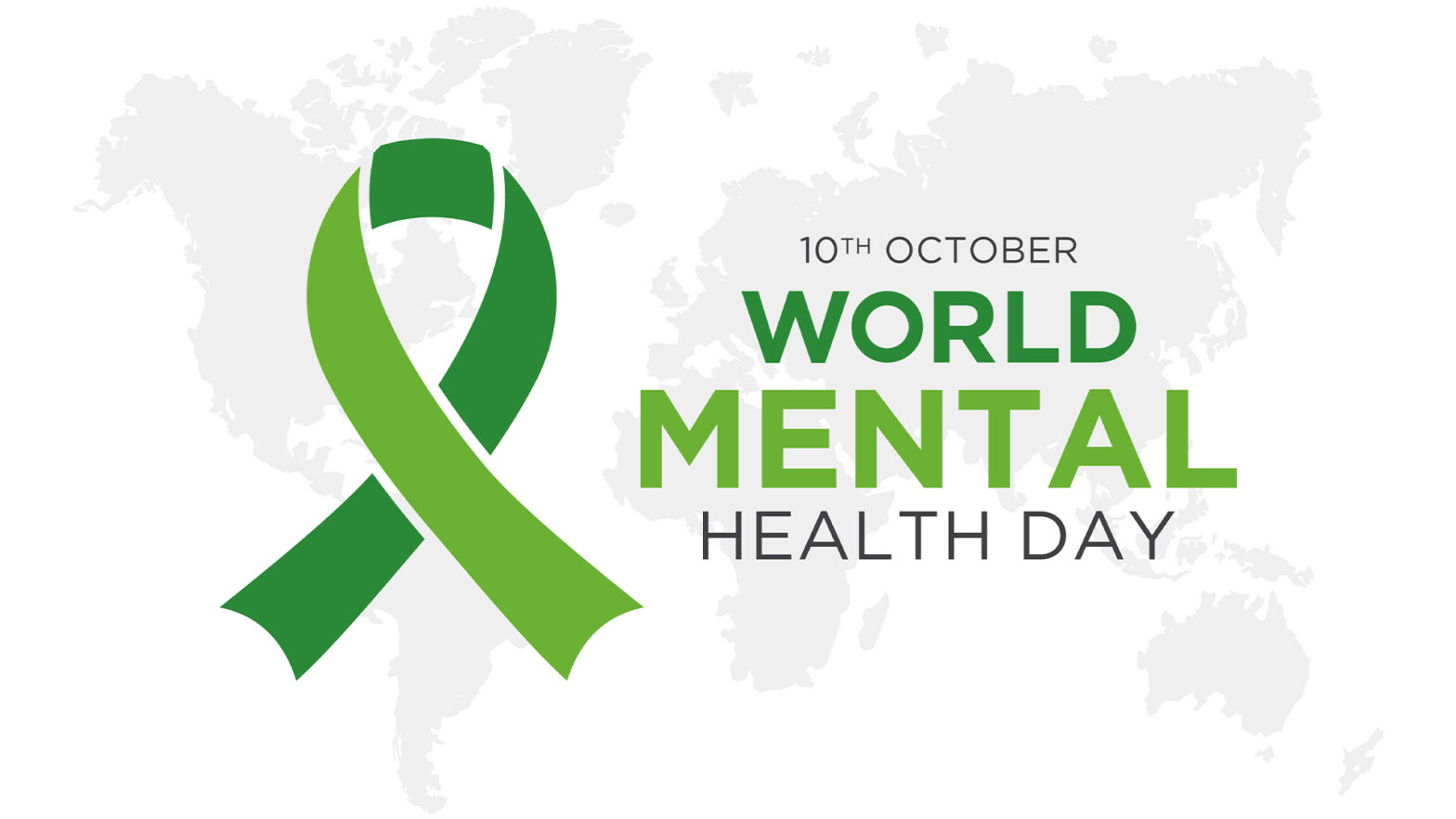
In recognition of World Mental Health Day on 10 October 2024, Christine Husbands, commercial director, RedArc is advising employers to ensure their mental health provision is up to scratch.
This year’s theme, set by the World Federation of Mental Health, is ‘it’s time to prioritise mental health in the workplace’. While many UK employers may have some form of mental health support for their staff, RedArc believes that more could be done: those who already offer support should review it regularly, and if employers don’t offer it, then they should be taking action to put support in place. And it is vital that employers ensure that the support is of the highest quality.
Christine Husbands says: “Employers may feel overwhelmed by the choice of support now available to their organisation and their staff. It’s important to understand that some mental health support is just light touch which means that support may not be adequate for some employees. To ensure support is adequate for all, employers need to make sure it is provided by mental health professionals, is easy to access, meets the requirements of those with complex needs, and is not constrained by time.”
RedArc highlights three key components of good-quality mental health support:
1. Prevention must be a major component of any employer’s mental health provision to maintain or improve the mental health of their entire workforce. Everyone has the potential to be affected, so support must be tailored to speak to all, including those hard-to-reach members of staff who don’t always engage with employee benefits.
2. Getting the right help at the right time is crucial in meeting the needs of employees, so they need to know how to get support and be able to access it quickly. For mental health support to be effective, it also needs to be tailored to the needs of the individual. Long waiting times or drawn-out triage can lead to a signification degeneration in an employee’s condition.
3. Employee mental health support needs to be delivered by mental health specialists. They have the training, expertise and knowledge to provide the right support and identify the most beneficial additional therapies or counselling that may be required, as well as monitor the progress of the individual using specific mental health metrics.
Christine Husbands concluded: “If an employer chooses a mental health provider without sufficient due diligence, they may find that the support is not sufficient for the needs of all their staff. Today is a good day to take stock and make the necessary adjustments so that all employees can depend on their employer’s mental health provision.”

















